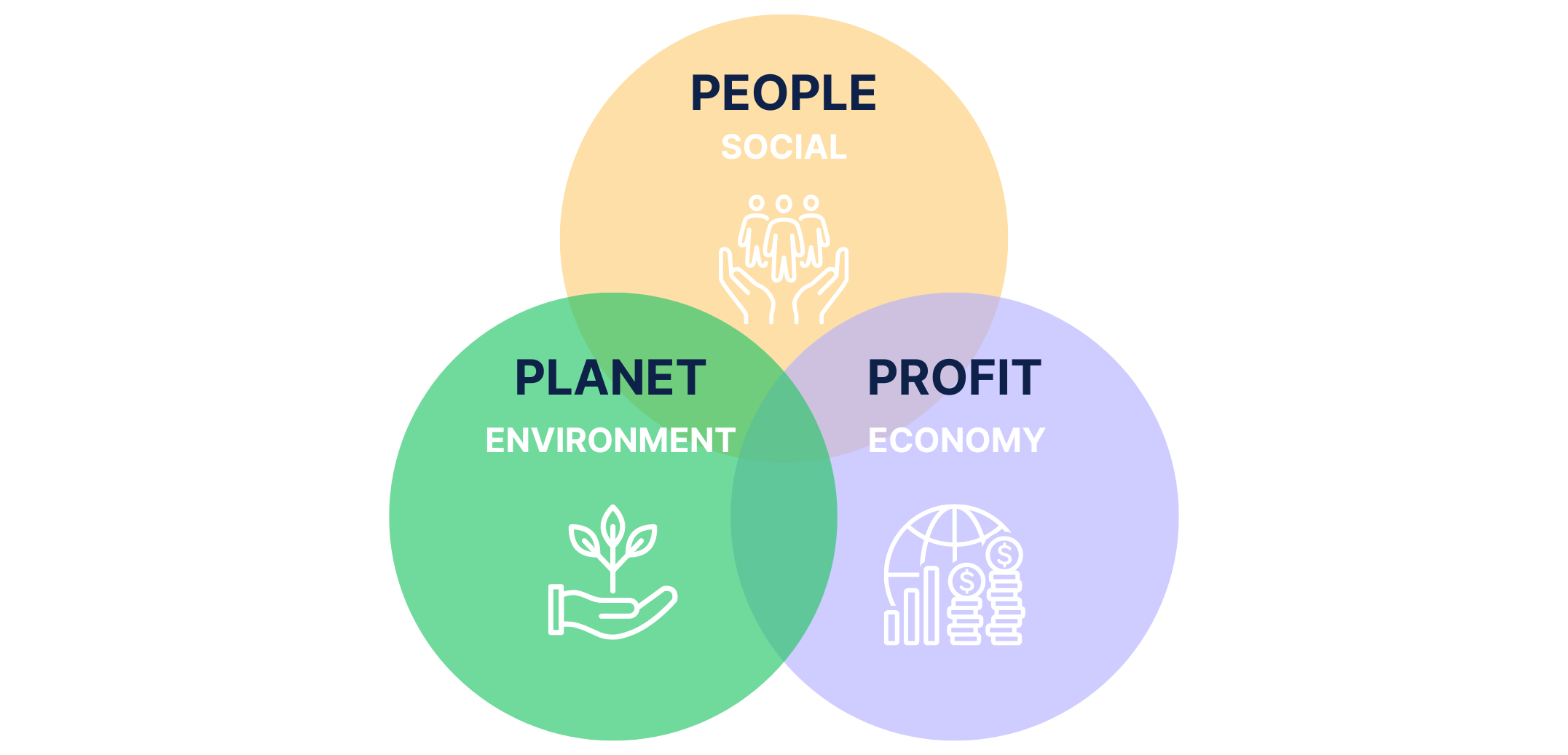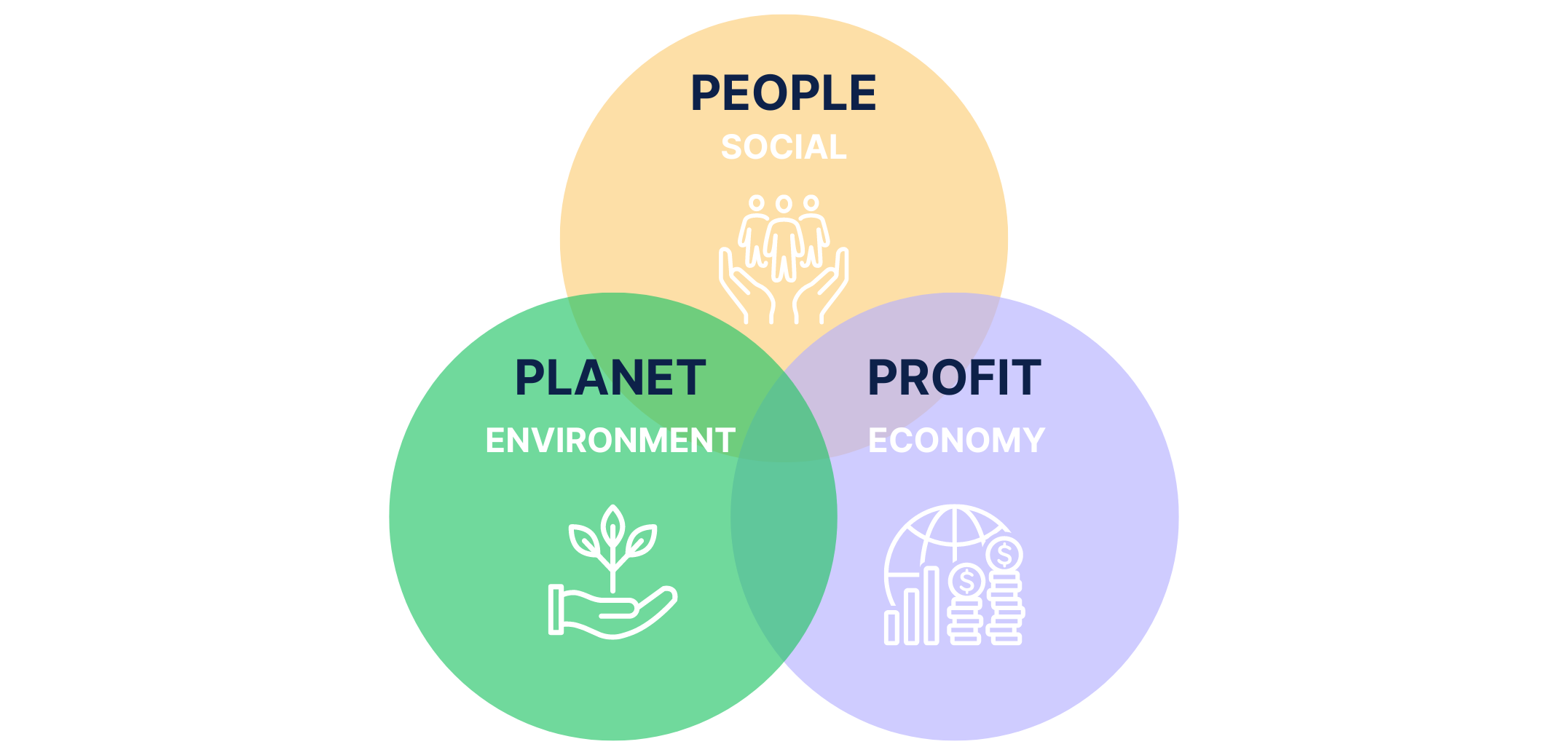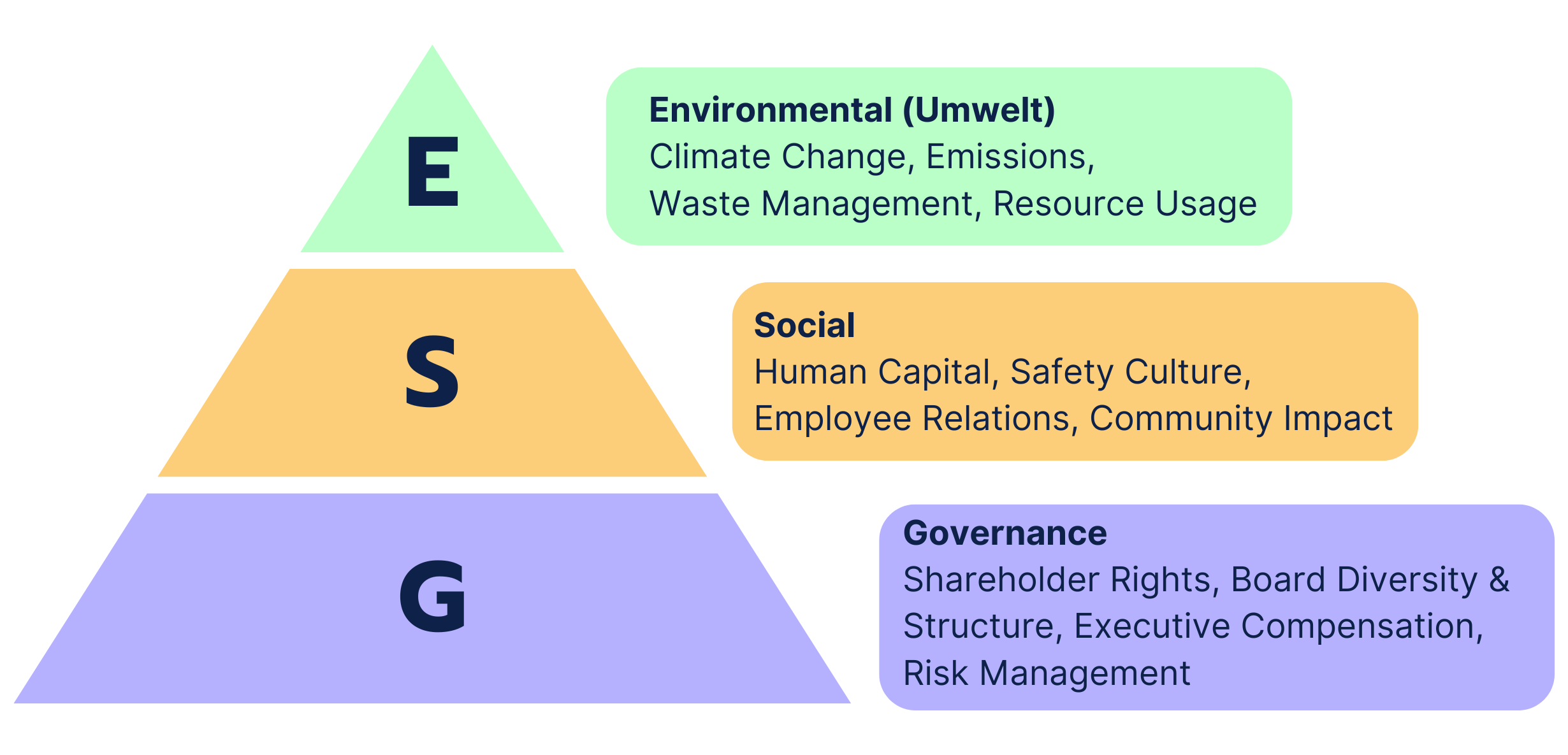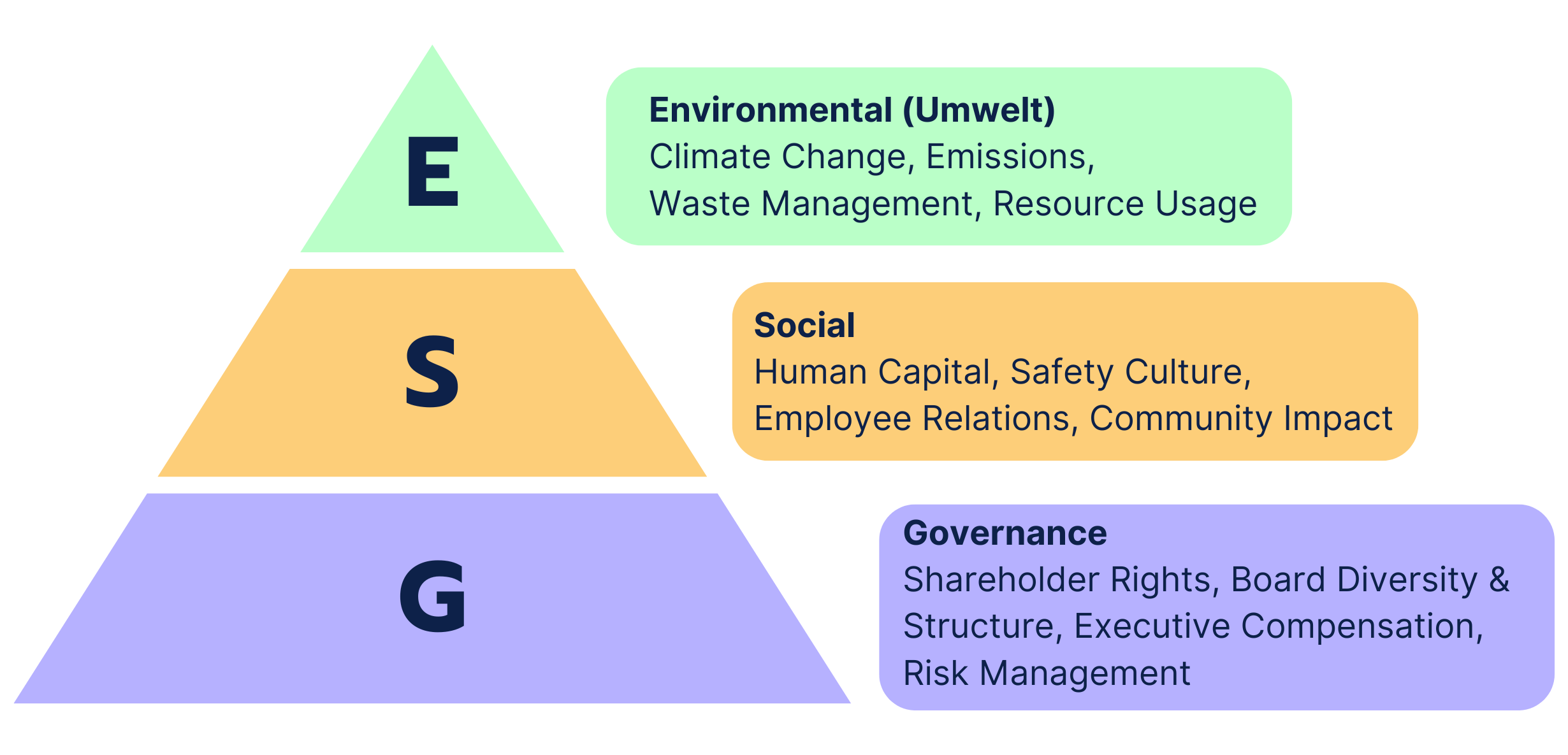As the world is struggling with urgent environmental and social challenges, businesses are increasingly turning to consultants for guidance on sustainable practices. Two closely related fields in this domain are ESG consulting and sustainability consulting. While they share common ground, they deviate in significant ways. In this article, we’ll explore the nuances between the two varieties of consulting, which are often confused with one another.












